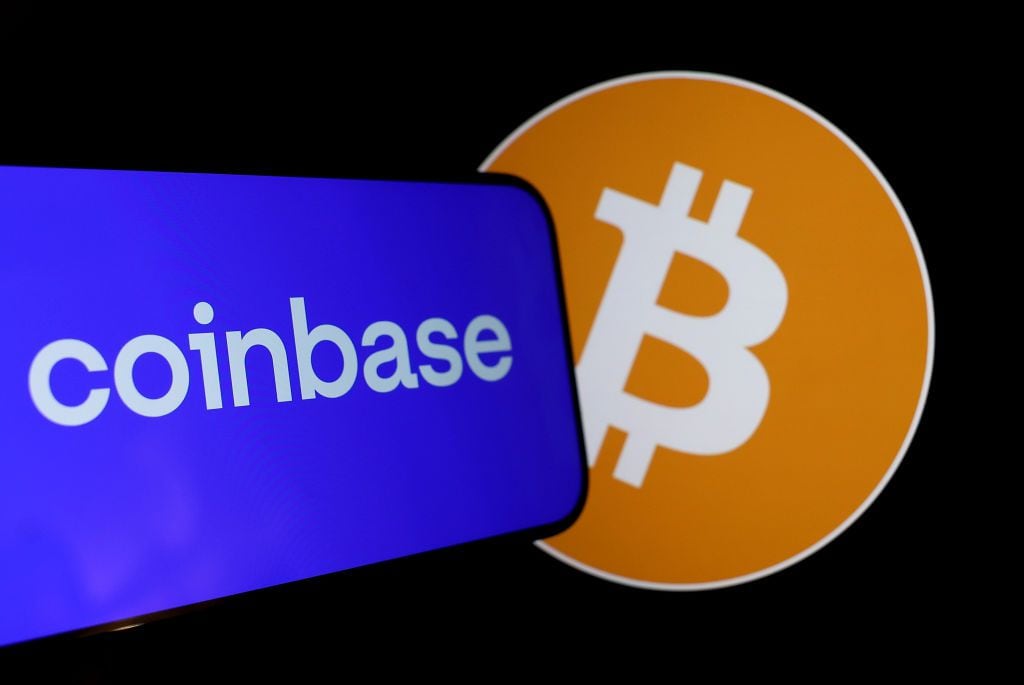From Wall Street to Silicon Valley, these are the top stories that moved markets and had investors, business leaders, and entrepreneurs talking this week on Cheddar.
RISING CONSUMER PRICES
The Dow and S&P 500 ended the week at or near all-time highs, despite the inflationary and labor/supply constraints that have been buffeting the economy, dragging down President Biden’s approval ratings, and leading to growing concerns about the upcoming holiday season. Unilever and Procter & Gamble, two of the biggest consumer products companies in the world, said they’d keep raising prices on more household items in order to contend with rising supply chain and commodity costs. Both P&G and Unilever in the U.S., along with Danone and Nestlé in Europe, warned that cost pressures are going to start hitting their balance sheets if global economic conditions don’t improve. For now, though, those price increases are being eaten by retailers and consumers.
TECH FEELS SUPPLY CRUNCH
Not even Big Tech is safe from the supply chain issues. Shares of Snap fell almost 30 percent after the company missed revenue expectations due, in part, to Apple’s privacy changes to iOS. But the Snapchat parent also guided lower, saying advertisers have started to hold back on spending ahead of the holidays since supply chain issues are making it unclear what they'll even have to sell. After all, what point is there paying to advertise for a product that can’t get into the hands of consumers? Snap’s miss also took down Facebook, Alphabet, Twitter, and Pinterest — all of which depend heavily on a healthy digital advertising ecosystem. The worry about supply bottlenecks hitting advertisers will become more apparent when they all report earnings next week.
WEWORK'S RETURN
Two years after its IPO imploded in one of the biggest flameouts in Wall Street history, WeWork is a public company at last. The co-working startup went public through a SPAC merger with BowX Acquisition, giving it a fresh $1.3 billion in new capital and a market cap around $9 billion — a far cry from the $47 billion price tag it heralded ahead of its IPO attempt in 2019. WeWork has spent the pandemic slashing costs, cutting jobs, renegotiating leases, and closing locations to position itself for the post-COVID work landscape. And investors seem to be intrigued by the idea of a leaner, meaner WeWork: shares soared 13 percent in their debut on the NYSE.
BITCOIN HITS NYSE
The first Bitcoin exchange-traded fund launched on the NYSE this week, after getting the green light from the SEC. The ProShares Bitcoin Strategy ETF ($BITO) gives investors a way to trade futures contracts linked to the price of the digital coin through their regular brokerage account, a milestone in the global adoption of cryptocurrencies. Bitcoin had been on fire ahead of the expected launch and crossed $67,000 for a new all-time high before paring some gains in the back half of the week.
CAN’T STOP, WON'T STOP
Tesla shares hit a fresh intraday record on Friday, putting the electric-car maker less than $100 billion away from joining the elite $1 trillion club. (Current members: Apple, Alphabet, Amazon, Microsoft, Saudi Aramco). Tesla’s earnings came in better than expectations for the second quarter in a row, and the stock has been on a tear for months now as it has proved to be more resilient than competitors in the face of the global semiconductor shortage and rising costs of other raw materials, given how vertically integrated the company has become. While Elon Musk skipped the earnings call for the first time, the results spoke for themselves: net income of $1.6 billion on $13.8 billion in revenue. Deliveries for the quarter hit an all-time high, too, and are already well above 2020’s numbers with another full quarter to go.












